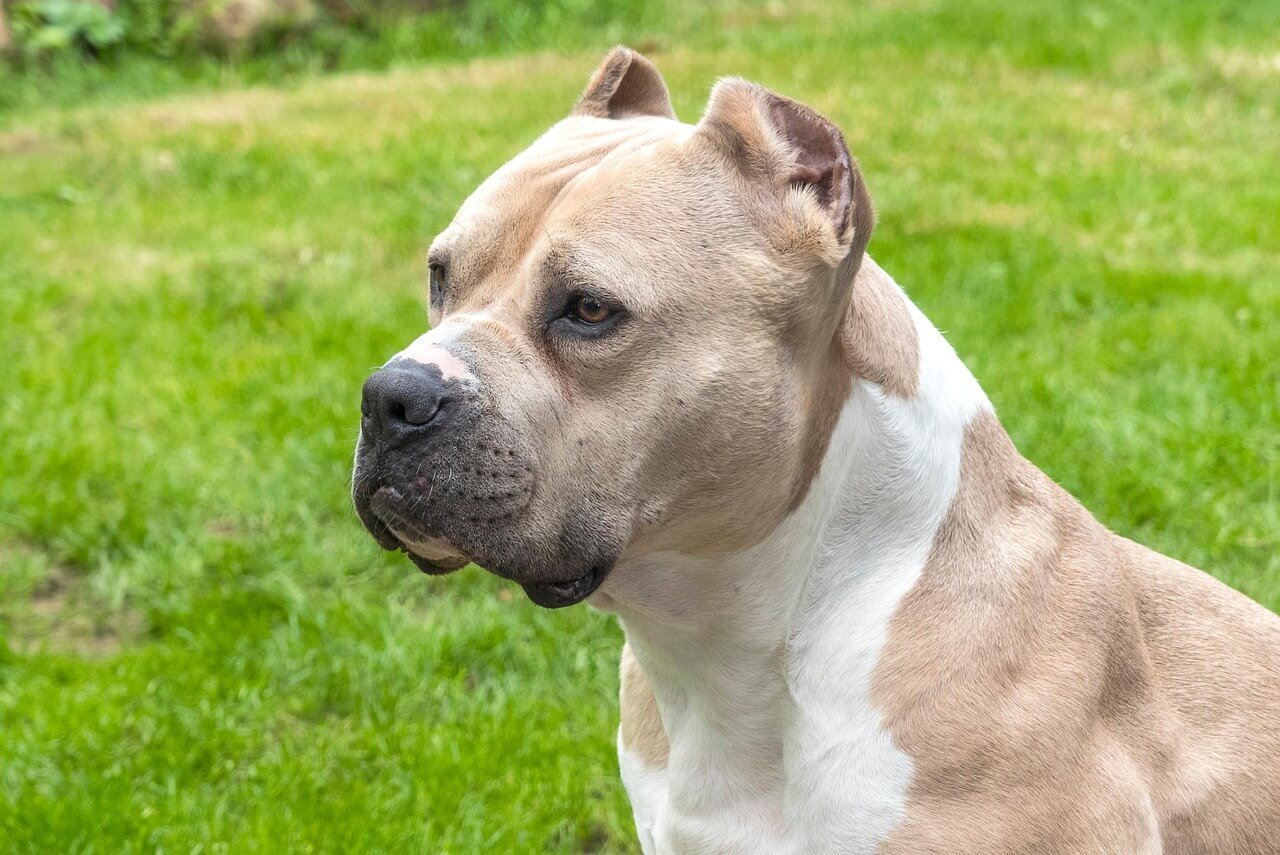Can Dogs Have Lemon? What Every Pet Owner Should Know
Lemons are a staple in many households, prized for their zesty flavor and versatility in cooking and cleaning. But when it comes to sharing this tangy fruit with your furry friend, caution is key. Can dogs have lemon, or should this citrus fruit stay off the menu? While lemons aren’t toxic in small amounts, they can cause digestive upset and other issues if consumed in larger quantities. In this blog post, we’ll explore the potential risks and benefits of lemons for dogs, how to safely introduce them (if at all), and what to do if your pup accidentally gets a taste. Let’s dive in and uncover everything you need to know about dogs and lemons.
Is Lemon Safe for Dogs? Key Considerations
While lemons aren’t considered highly toxic to dogs, they’re not exactly dog-friendly either. Here’s what you need to know before offering your pup a slice of this sour fruit:
High Acidity: The citric acid in lemons can irritate your dog’s stomach, leading to vomiting or diarrhea.
Bitter Taste: Most dogs dislike the strong, bitter flavor of lemons, which may deter them from eating it willingly.
Essential Oils: The oils in lemon peel can be harmful if ingested in large quantities, potentially causing gastrointestinal distress.
Small Amounts Are Usually Okay: A tiny lick or nibble of lemon is unlikely to harm your dog but isn’t recommended as a treat.
Risk of Allergic Reactions: Though rare, some dogs may have sensitivities to citrus fruits like lemons.
While lemons aren’t outright poisonous, they’re best avoided as a snack for your dog. Always prioritize safer, dog-friendly alternatives.
Potential Risks of Feeding Lemons to Dogs
Feeding lemons to your dog, even in small amounts, can lead to several adverse effects. Understanding these risks helps you make informed decisions about your pet’s diet. Here’s what to watch out for:
Upset Stomach: The acidity in lemons can cause nausea, vomiting, or diarrhea in sensitive dogs.
Skin Irritation: If your dog comes into contact with lemon juice, it may irritate their skin or paws.
Toxic Compounds in Peel: Lemon peels contain essential oils and psoralens, which can be harmful if ingested.
Deterrence Behavior: Some pet owners use lemon scent to deter dogs from chewing furniture, but this can confuse or stress your pet.
Dehydration Risk: Excessive consumption of acidic foods can lead to dehydration due to vomiting or diarrhea.
To keep your dog safe, it’s best to avoid feeding them lemons altogether and focus on healthier, more suitable snacks.
Check this guide 👉Can Dogs Have Oranges? Best 7 Expert Tips!
Check this guide 👉Can Dogs Have Olive Oil? Best 7 Expert Tips!
Check this guide 👉Can Dogs Have Raspberries? Best 7 Health Tips!

Risks of Feeding Lemons to Dogs | Safer Alternatives for Dog Treats |
|---|---|
Upset stomach due to acidity | Carrots (low-calorie and crunchy) |
Skin irritation from lemon juice | Blueberries (rich in antioxidants) |
Toxic compounds in lemon peel | Apples (remove seeds and core) |
Confusion from scent deterrents | Plain cooked chicken (high in protein) |
Dehydration from vomiting/diarrhea | Pumpkin (great for digestion) |
What to Do If Your Dog Eats Lemon
Accidents happen, and if your dog gets into a lemon or lemon-based product, it’s important to act quickly. Here’s what you should do if your pup consumes lemon:
Monitor for Symptoms: Watch for signs of digestive upset, such as vomiting, diarrhea, or lethargy.
Offer Fresh Water: Encourage your dog to drink water to dilute any lemon residue in their system.
Check for Peel Consumption: If your dog ate lemon peel, contact your vet, as it may pose a choking hazard or cause blockages.
Avoid Home Remedies: Don’t attempt to induce vomiting unless instructed by a veterinarian.
Consult Your Vet: If your dog shows severe symptoms or consumed a large amount, seek professional advice immediately.
By taking these steps, you can minimize the risk of complications and ensure your dog recovers quickly.
How to Prevent Your Dog from Eating Lemons
Prevention is always better than dealing with the aftermath of accidental ingestion. Here are some practical tips to keep your dog away from lemons:
Store Lemons Safely: Keep lemons and lemon products out of your dog’s reach, especially on countertops or tables.
Supervise During Food Prep: Be mindful of where you place lemon slices or peels while cooking or baking.
Use Pet-Safe Deterrents: Instead of lemon-scented sprays, use pet-safe deterrents to protect furniture or plants.
Teach the “Leave It” Command: Training your dog to avoid certain items can prevent accidental ingestion.
Secure Trash Cans: Dispose of lemon peels and scraps in covered bins to prevent curious sniffers from accessing them.
By implementing these precautions, you can reduce the likelihood of your dog encountering lemons and experiencing discomfort.
Why Skipping Lemons Is Best for Your Dog’s Health
While some human foods can be shared with dogs in moderation, lemons simply don’t offer any significant benefits to justify the risks. Here’s why avoiding lemons altogether is the safest choice for your dog:
No Nutritional Value for Dogs: Lemons lack nutrients that are beneficial or essential to a dog’s diet.
Prevents Digestive Issues: By avoiding lemons, you reduce the risk of stomach upset, vomiting, or diarrhea.
Avoids Skin Irritation: Keeping lemons away from your dog eliminates the chance of skin irritation caused by lemon juice.
Reduces Risk of Choking Hazards: Lemon peels or slices can pose choking risks, especially for smaller breeds.
Promotes Overall Well-Being: Focusing on dog-friendly foods ensures your pup stays healthy and happy without unnecessary risks.
By steering clear of lemons, you’re prioritizing your dog’s comfort and long-term health. There are plenty of safer options that provide real nutritional benefits.
Exploring Citrus-Like Options That Are Safe for Dogs
If you’re looking for a citrusy flavor or scent that won’t harm your dog, there are pet-safe alternatives you can consider. These options allow you to enjoy the benefits of citrus without risking your dog’s health. Here’s what you can try:
Diluted Apple Cider Vinegar (Optional): A small amount mixed with water may aid digestion but should only be used under vet guidance.
Dog-Safe Cleaning Products: Use pet-friendly cleaners with mild scents instead of lemon-based sprays for household cleaning.
Citrus-Free Deterrent Sprays: Opt for deterrent sprays specifically designed for pets to keep them away from furniture or plants.
Fruit-Based Dog Treats: Some commercial dog treats use dog-safe fruits like mango or papaya for a hint of sweetness.
Herbal Scents for Training: Use lavender or chamomile scents for calming effects instead of relying on citrus oils.
These alternatives ensure your dog’s safety while still achieving similar goals, whether it’s cleaning, training, or treating. Always check labels and consult your vet when introducing new products.
How to Recognize If Your Dog Consumed Lemon or Other Unsafe Foods
Even with precautions, accidents can happen. If your dog ingests something harmful, such as lemon or other toxic foods, recognizing the signs early is crucial. Here’s what to look for:
Excessive Drooling: A sudden increase in drooling may indicate irritation or nausea caused by acidic foods.
Lethargy or Weakness: Unusual tiredness or lack of energy could signal digestive distress or poisoning.
Vomiting or Diarrhea: These are common symptoms of gastrointestinal upset from consuming harmful substances.
Pawing at the Mouth: This behavior may suggest irritation from acidic residue or an unpleasant taste.
Loss of Appetite: Refusal to eat can be a sign that your dog is feeling unwell after consuming something unsafe.
If you notice any of these symptoms, act quickly and contact your veterinarian for advice. Early intervention can prevent complications and ensure your dog recovers safely.
Frequently Asked Questions About Dogs and Lemons
Can dogs eat lemon slices?
No, lemon slices are too acidic and can upset your dog’s stomach. It’s best to avoid giving them any part of the fruit.
Is lemon water safe for dogs?
Lemon water is still acidic and can irritate your dog’s digestive system. Stick to plain water instead.
What happens if my dog licks a lemon?
A small lick is unlikely to harm your dog, but monitor them for signs of discomfort or digestive issues.
Can lemon oil harm my dog?
Yes, essential oils like lemon oil can be toxic to dogs and should be kept out of their reach.
Are other citrus fruits safe for dogs?
Like lemons, oranges and grapefruits are generally unsafe due to their acidity and potential to cause upset.
Final Thoughts: Keeping Your Dog Safe Around Lemons
While lemons might seem harmless, their high acidity and potential to cause digestive upset make them unsuitable for dogs. As a responsible pet owner, it’s important to prioritize your dog’s health by avoiding risky foods and opting for safer alternatives. By understanding the risks associated with lemons and taking preventive measures, you can ensure your furry friend stays happy and healthy. Remember, when in doubt, always consult your veterinarian before introducing new foods to your dog’s diet. With care and attention, you can provide your pup with treats that are both delicious and nutritious.
Do Cats Have Taste Buds? Best 7 Expert Tips! – Discover how cats experience flavors and why their taste is so unique.
Do Dogs Have Taste Buds? Best 7 Expert Tips! – Discover how dogs experience taste, their preferences, and what it means for their diet and health.
Can Cats Taste Sweet? Best 7 Expert Tips! – Discover why cats can’t taste sweetness, how it affects their diet, and tips to keep them healthy and happy.
Can Dogs Taste Sweet? Best 7 Expert Tips! – Discover how dogs perceive sweetness, which foods are safe, and tips to manage their sweet cravings responsibly.





